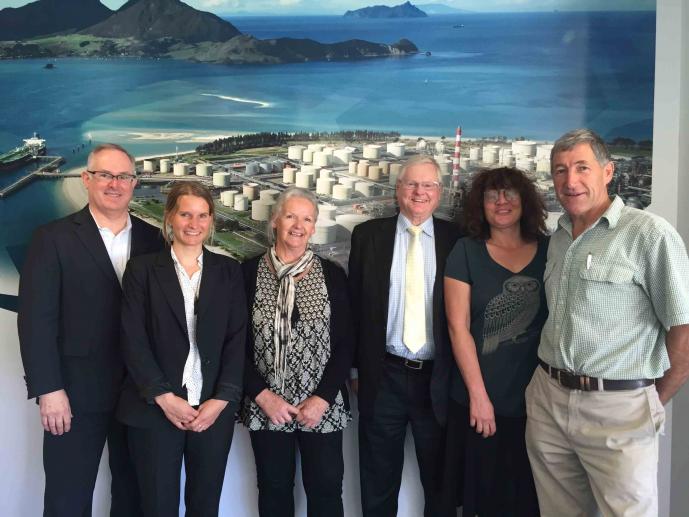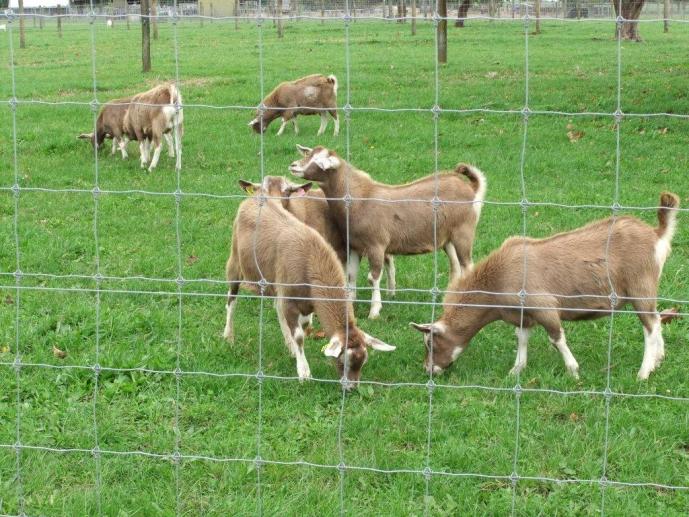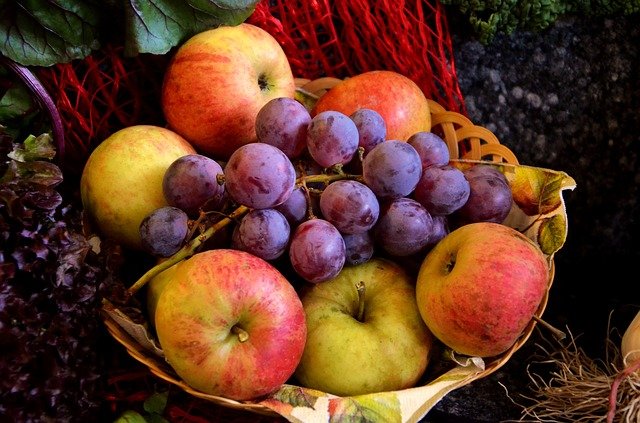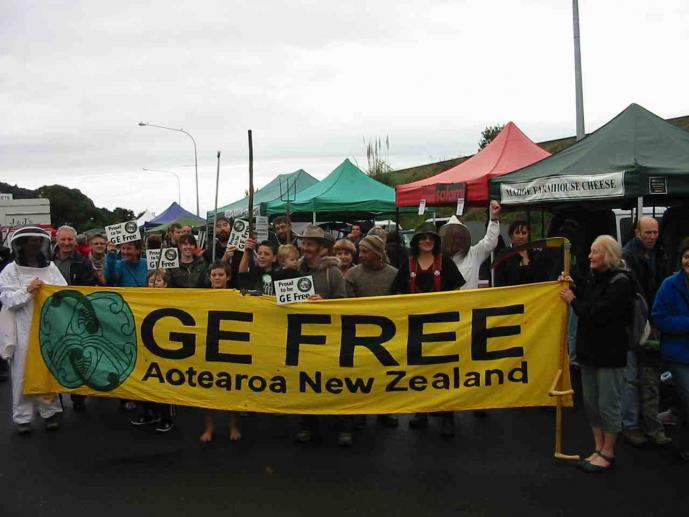Auckland to stay GE Free under new Unitary Plan
The Soil & Health Association congratulates Auckland Council on its decision to retain the valuable precautionary and prohibitive genetically modified organisms (GMOs) provisions in the new Auckland Unitary Plan, which protect the Auckland region’s GE-free status.
Auckland Council is now the second local authority in New Zealand to officially become GE-Free in its local plan, after Hastings District Council decided last year to ban all outdoor use of GMOs in their district plan. Auckland food producers, like those in Hastings, can now brand their products as grown in a GE-Free food producing area.
“GE crops pose a serious threat to the investment made by primary producers in their GE-free enterprises,” says Soil & Health Chair Marion Thomson. “GMOs are not allowed in food or farming according to organic certification standards, and there have been numerous overseas examples of farmers losing their GE-free or certified organic status because of contamination from GE crops.” Non-GE crops carry a specific market-based premium that GE crops do not command. According to the 2016 Organic Market Report, New Zealanders are eating and growing more organic produce than ever before. Award winning Hawkes Bay sheep and beef farmer Simon Beamish recently stated: “As a farmer, exporter, I can confirm that consumers want GM free produce and that market demand is growing.”
Soil & Health, which has advocated for a GM-free New Zealand on behalf of its members and supporters for many years, joined with 26 other submitters to present expert witnesses, mana whenua, and community voice evidence to the Independent Hearings Panel at the Proposed Auckland Unitary Plan hearing on GMOs last September. Soil & Health supported the proposed precautionary approach to GMOs, and in particular outright prohibition of GMO releases. “Including strong GMO policy and provisions in the final Auckland Unity Plan provides an important acknowledgement of community views and concerns,” says Thomson.
Auckland Council has decided to allow GMO research in controlled environments and the use of veterinary vaccines that contain GMOs as permitted activities, but outdoor field trials and the use of vaccines by people who are not veterinarians are discretionary activities. Release of GMOs into the environment is a prohibited activity, which would require a plan change before being undertaken.
The new Auckland plan also contains a strict liability provision whereby consent holders for outdoor field trialling of GMOs will be held financially accountable for any adverse effects associated with the activity, for example through contamination, including clean up costs and remediation. The Council, through the plan, further requires consent holders to provide a bond that would be made available for any costs of adverse effects associated with the activity. This is important given there are limited liability provisions under the Hazardous Substances and New Organisms Act, as identified by Local Government NZ and a large number of councils. The Environmental Protection Authority (EPA) is responsible for approving the outdoor use of GMOs in New Zealand; there is, however, no requirement for the EPA to take a precautionary approach to outdoor use of GMOs. One of the most important Environment Court decisions of last year was the finding that councils have the right to control the use of GMOs in their area under the Resource Management Act. Federated Farmers since appealed that decision to the High Court. The case was heard in Whangarei in February this year. The decision from the High Court is yet to be released.
CONTACT
Marion Thomson
Chair, Soil & Health Association
027 555 4014




